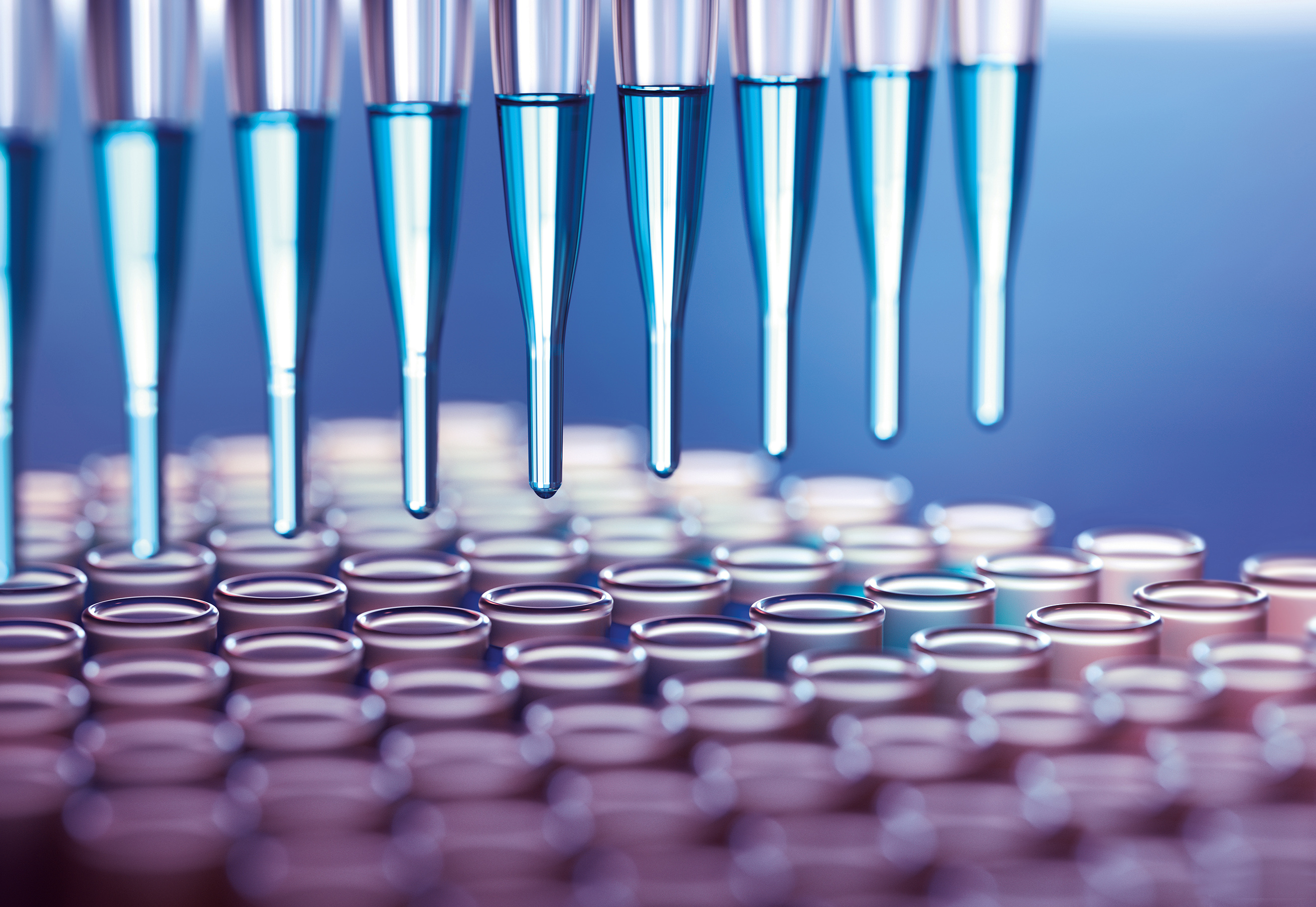The new obligations of French healthcare manufacturers in terms of waste recovery: the details provided by the decree published on 12 September 2021
Since 2011, French producers of self-injection and self-test medical devices involving sharps and needles and posing an infection risk have been subject to the principle of "extended producer responsibility" (EPR). In practical terms, this means that such producers are responsible for the management of waste resulting from their products (DASRI).

The French Law on Circular Economy dated February 10, 2020 extended the scope of the DASRI EPR, as of January 1, 2021, to certain electrical and electronic equipment (EEE) associated with these medical devices, e.g. blood glucose meters or insulin injection device equipped with an electronic or connected device.
As waste electrical and electronic equipment has also been subject to the EPR principle since 2005 (WEEE EPR), it was necessary to distinguish, depending on the associated risk of infection, between waste electronic medical devices that should be included in the DASRI EPR (DASRIe) and those that should be included in the WEEE EPR.
The aim is to be able to extract, treat and ideally recycle, under the safest possible health and environmental conditions, EEE that would otherwise be incinerated with DASRI.
A French decree published on September 12, 2021 provides new definitions and requirements for the collection and treatment of DASRIe. For instance, as of January 1, 2022, producers will have to make appropriate packaging available to drugstores and hospital pharmacies, who in turn will have to make it available to patients, all free of charge. Producers will also have to collect the packaged waste free of charge at all drugstores, and at hospital pharmacies and medical laboratories applying for this free collection with the regional prefect.
Producers can continue to pool their obligations by joining an eco-organization or eco-scheme (currently DASTRI), whose specifications are also being updated by the French Ministry of the Environment to include DASRIe.



